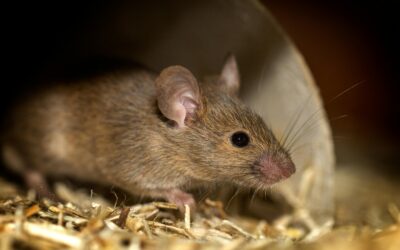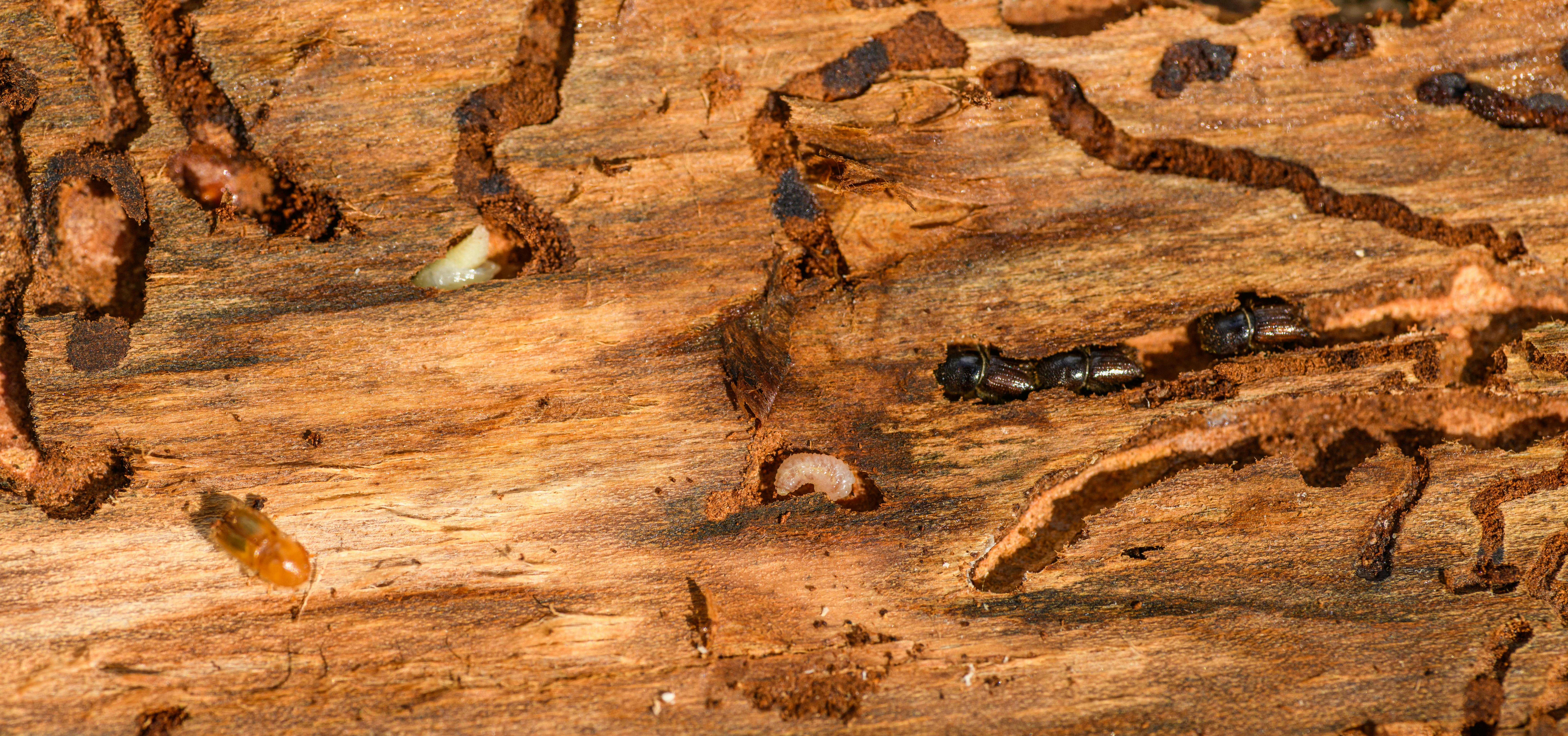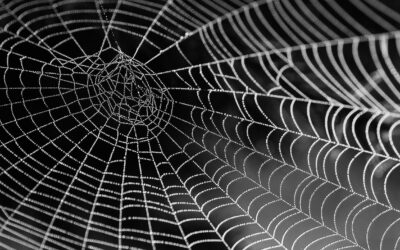
Are Spiders Dangerous And How to Get Rid of Them?
It can be disturbing to run across a spider when you’re not expecting it, but most spiders are actually harmless. And many spiders can actually benefit you by eating unwanted insects and pests in your yard. But we know that doesn’t mean you want them sharing your home with you. So let’s talk about garden spiders – what they are, whether or not they’re dangerous, and how you can banish them from your home for good.
What Are Garden Spiders?
Garden spiders are a species of spider found all over the world in (as their name would suggest) gardens, meadows, and forest clearings. They are also sometimes called “orb weavers” because they spin intricate, orb-shaped webs to trap their prey.
How to Identify A Garden Spider
You can usually identify a garden spider by their delicate, orb-shaped webs. But if you see a spider without a web, you can also identify them by sight. Garden spiders typically have an egg-shaped, black abdomen with yellow patches. Females have bright yellow patches while males are pale yellow.
Their legs are also multi-colored – either red or yellow near the abdomen and fading into black at the tips. They sometimes have distinctive bands of color around their legs.
The females are typically much larger than the males and can grow to be almost two inches in length, not including their legs.
Are Garden Spiders Dangerous?
No! Garden spiders are not venomous and they are non-aggressive. They can bite, but it’s very unlikely they will unless you disturb a female in her nest and she cannot run away. Even if you do get bit by a garden spider, it will likely swell very slightly and be much less painful than a wasp sting or fire ant bite. There is no need to visit an emergency room if you are sure it was a garden spider.
Are Garden Spiders Beneficial?
Garden spiders are very beneficial! They keep annoying insect populations like mosquitoes, gnats, and flies down in your garden and outdoor areas. However, their webs are very large and can disturb people – especially if they accidentally walk through it! The females can be very large – up to the size of the palm of your hand, including their legs – which can also be alarming for people who don’t like spiders. If you have garden spiders outside, we suggest that you let them be and enjoy the bug-free atmosphere! If you have an infestation of garden spiders in your home, it may be time to call a spider control specialist.
Why Are There Garden Spiders In My House?
While garden spiders can be very beneficial in the garden, they can be equally disturbing when they’re in your home. Garden spiders like to weave their webs in sunny places with no wind to disturb their intricate orb spinnings. As long as there is a constant food source (other insects), they will stay in one place all season.
Sometimes spiders wander in through open windows or doors, or their eggs can be tracked in on shoes. They hatch in autumn but stay dormant until spring when they emerge to find mates and food – so you may see an increase in spiders from March up through May.
How Do I Get Rid of Garden Spiders?
If there is only one spider in your home, you can swat it with a flyswatter. If you prefer not to kill it, you can also trap it under a glass and slide a piece of paper underneath to carry it outdoors where it can do some good.
If you have a full-blown garden spider infestation, contact a spider control specialist. They will be able to assess the severity of your issue and offer a treatment plan. After the initial treatment, we also offer quarterly plans to keep your home spider- and insect-free.
Remember, one treatment will eliminate your current spider control issue, but in a few months, you may have another infestation if you do not continue to lay down a pest perimeter around your home.
If you need spider control services, contact West Termite, Pest & Lawn. We’ll send a spider control specialist to your home for a free inspection and quote.
More posts from West Termite, Pest & Lawn
Hidden Pests? Signs & Prevention Tips
Pests can invade your home quietly, causing damage long before you notice their presence. Early detection is crucial to preventing a full-blown infestation that could affect your property and health. So, how can you tell if you have a hidden pest problem? The top...
The Hidden Dangers of Termites
Termites may be small, but the damage they cause can be devastating. These silent destroyers can wreak havoc on your home or business, often without any visible signs until it’s too late. Understanding the hidden dangers of termites is crucial for protecting your...
Spiders as Pest Control
Spiders are often seen as unwelcome guests in homes, but did you know they can actually serve as a natural form of pest control? These eight-legged creatures play a crucial role in keeping the population of other pests in check, such as flies, mosquitoes, and even...



